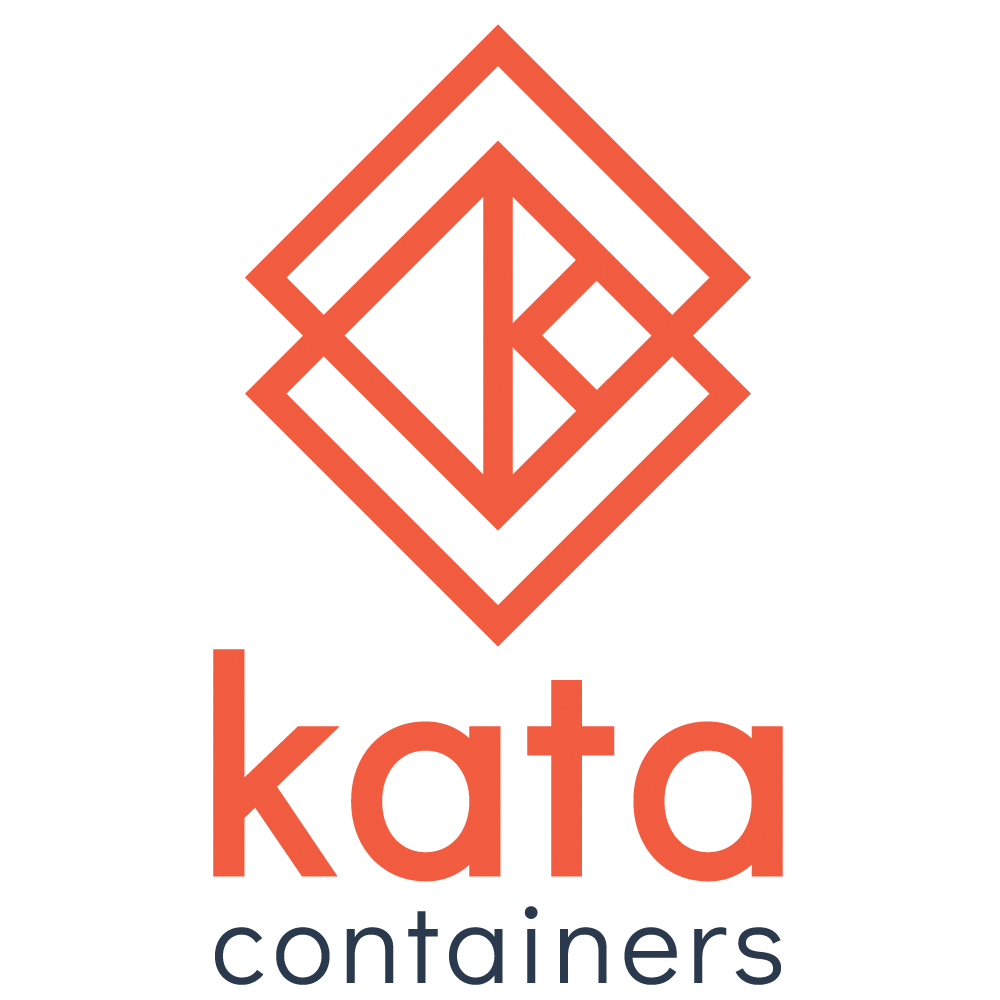Kata-monitor detects started and terminated kata pods by monitoring the vc/sbs fs (this makes sense since we will have to access that path to access the sockets there to get the metrics from the shim). While kata-monitor updates its sandbox cache based on the sbs fs events, it will schedule also a sync with the container manager via the CRI in order to sync the list of sandboxes there. The container manager will be the ultimate source of truth, so we will stick with the response from the container manager, removing the sandboxes not reported from the container manager. May happen anyway that when we check the container manager, the new kata pod is not reported yet, and we will remove it from the kata-monitor pod cache. If we don't get any new kata pod added or removed, we will not check with the container manager again, missing reporting metrics about that kata pod. Let's stick with the sbs fs as the source of truth: we will update the cache just following what happens on the sbs fs. At this point we may have also decided to drop the container manager connection... better instead to keep it in order to get the kube pod metadata from it, i.e., the kube UID, Name and Namespace associated with the sandbox. Every time we get a new sandbox from the sbs fs we will try to retrieve the pod metadata associated with it. Right now we just attach the container manager sandbox id as a label to the exposed metrics, making hard to link the metrics to the running pod in the kubernetes cluster. With kubernetes pod metadata we will be able to add them as labels to map explicitly the metrics to the kubernetes workloads. Fixes: #3550 Signed-off-by: Francesco Giudici <fgiudici@redhat.com> |
||
|---|---|---|
| .github/workflows | ||
| ci | ||
| docs | ||
| snap | ||
| src | ||
| tools | ||
| utils | ||
| .gitignore | ||
| CODE_OF_CONDUCT.md | ||
| CODEOWNERS | ||
| CONTRIBUTING.md | ||
| Glossary.md | ||
| LICENSE | ||
| Makefile | ||
| README.md | ||
| utils.mk | ||
| VERSION | ||
| versions.yaml | ||

Kata Containers
Welcome to Kata Containers!
This repository is the home of the Kata Containers code for the 2.0 and newer releases.
If you want to learn about Kata Containers, visit the main Kata Containers website.
Introduction
Kata Containers is an open source project and community working to build a standard implementation of lightweight Virtual Machines (VMs) that feel and perform like containers, but provide the workload isolation and security advantages of VMs.
Getting started
See the installation documentation.
Documentation
See the official documentation (including installation guides, the developer guide, design documents and more).
Community
To learn more about the project, its community and governance, see the community repository. This is the first place to go if you wish to contribute to the project.
Getting help
See the community section for ways to contact us.
Raising issues
Please raise an issue in this repository.
Note: If you are reporting a security issue, please follow the vulnerability reporting process
Developers
Components
Main components
The table below lists the core parts of the project:
| Component | Type | Description |
|---|---|---|
| runtime | core | Main component run by a container manager and providing a containerd shimv2 runtime implementation. |
| agent | core | Management process running inside the virtual machine / POD that sets up the container environment. |
| documentation | documentation | Documentation common to all components (such as design and install documentation). |
| tests | tests | Excludes unit tests which live with the main code. |
Additional components
The table below lists the remaining parts of the project:
| Component | Type | Description |
|---|---|---|
| packaging | infrastructure | Scripts and metadata for producing packaged binaries (components, hypervisors, kernel and rootfs). |
| kernel | kernel | Linux kernel used by the hypervisor to boot the guest image. Patches are stored here. |
| osbuilder | infrastructure | Tool to create "mini O/S" rootfs and initrd images and kernel for the hypervisor. |
agent-ctl |
utility | Tool that provides low-level access for testing the agent. |
trace-forwarder |
utility | Agent tracing helper. |
ci |
CI | Continuous Integration configuration files and scripts. |
katacontainers.io |
Source for the katacontainers.io site. |
Packaging and releases
Kata Containers is now available natively for most distributions. However, packaging scripts and metadata are still used to generate snap and GitHub releases. See the components section for further details.